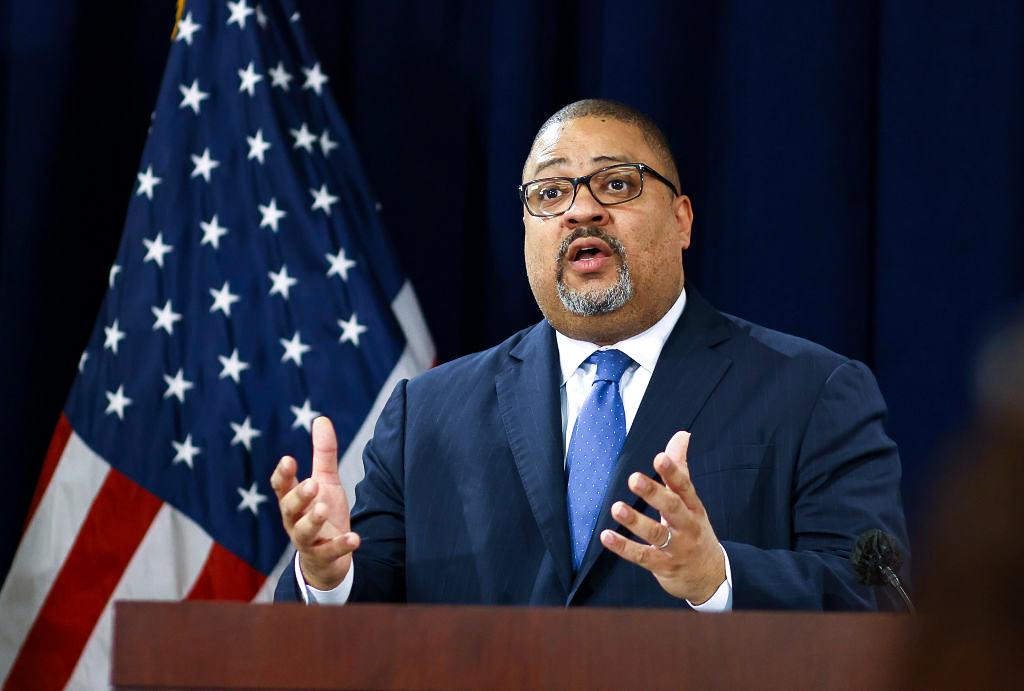The Manhattan District Attorney’s office requested clarifications to former President Donald Trump’s gag order on March 28, a move the defendants argue in a response letter to the judge would only expand the order.
“This court should make abundantly clear that the March 26 order protects family members of the court, the district attorney, and all other individuals mentioned in the order,” prosecutors argued in the March 29 letter.





